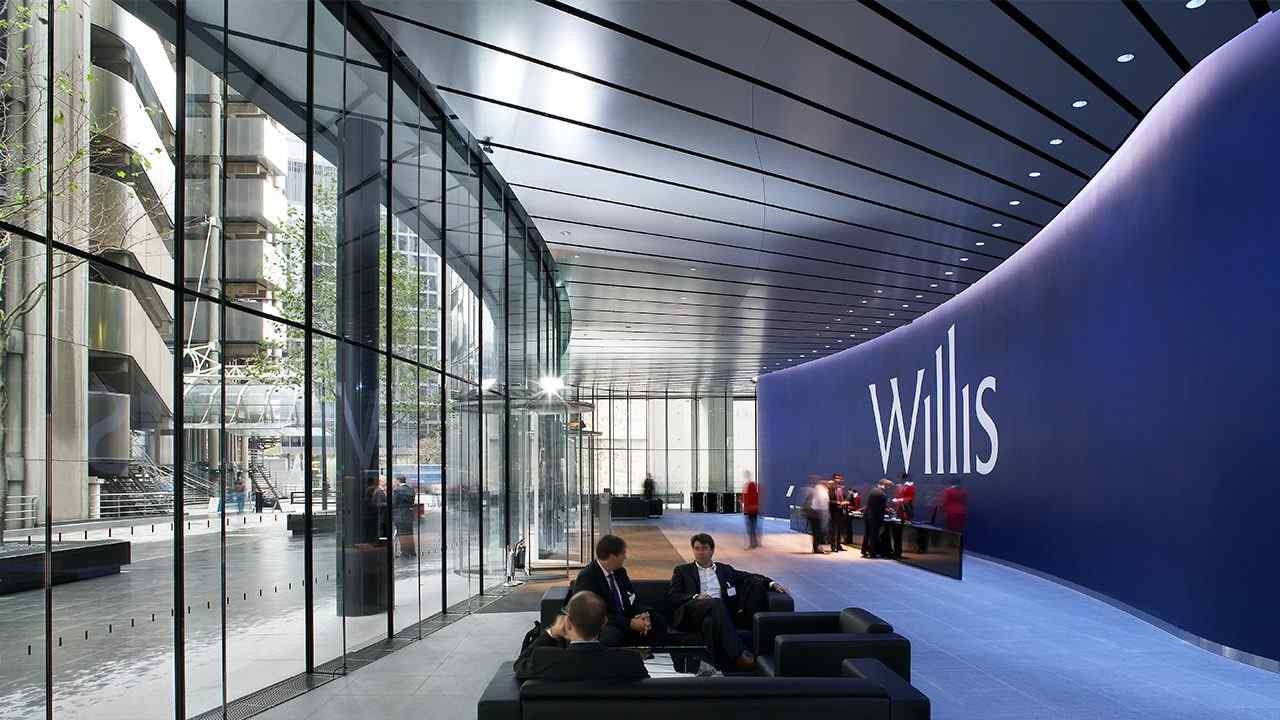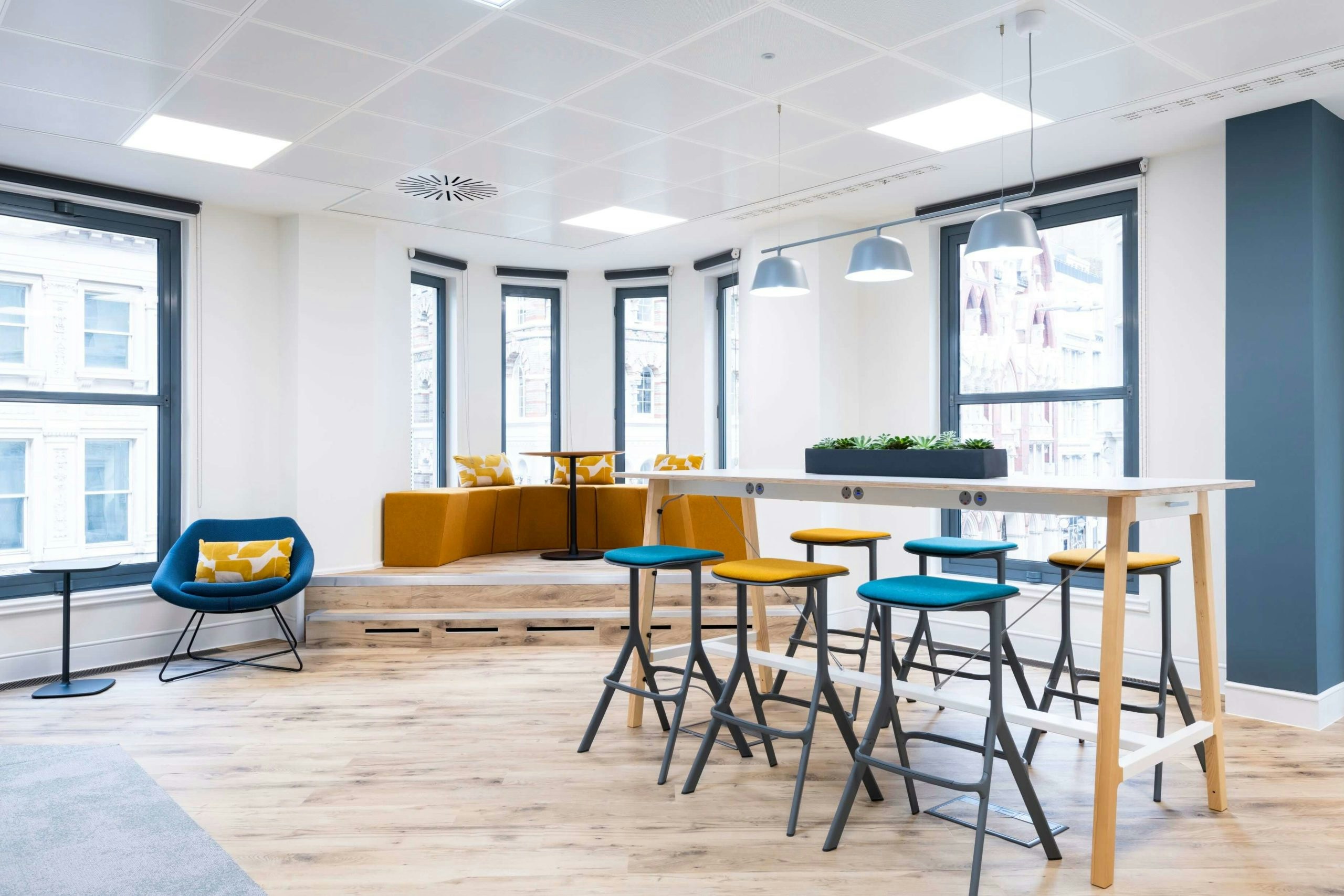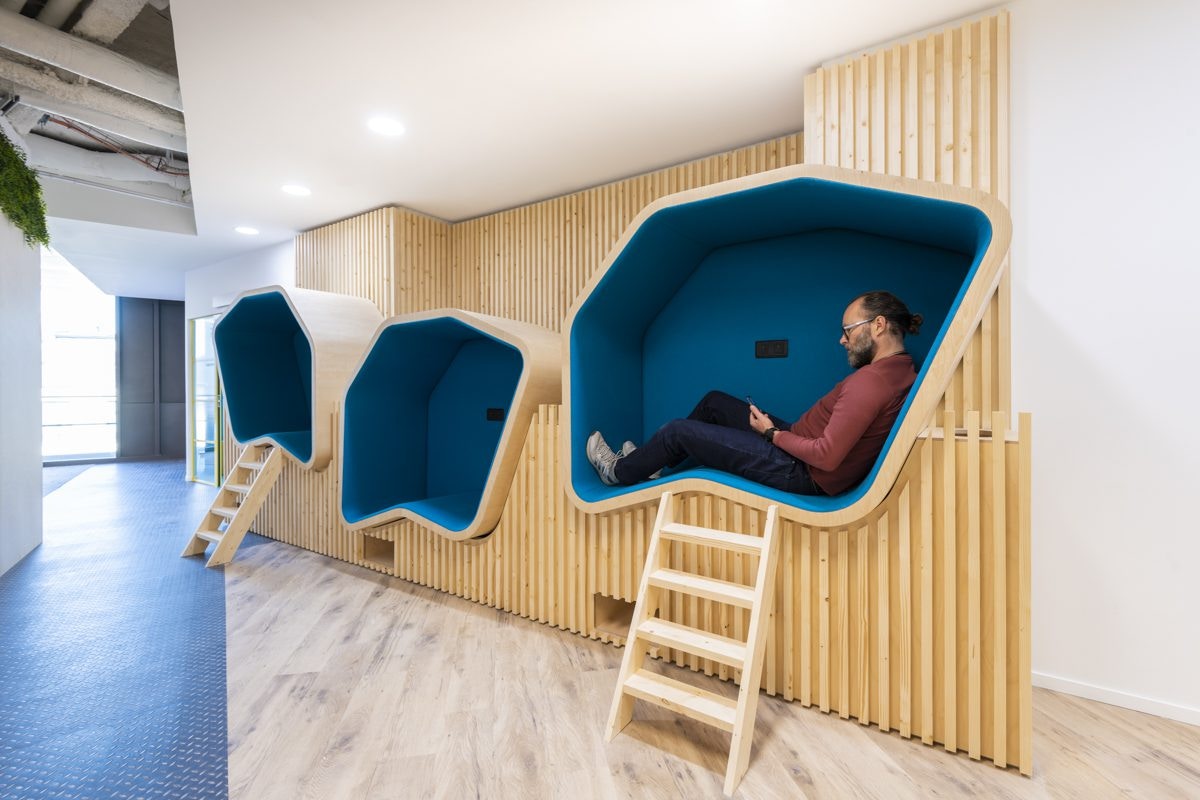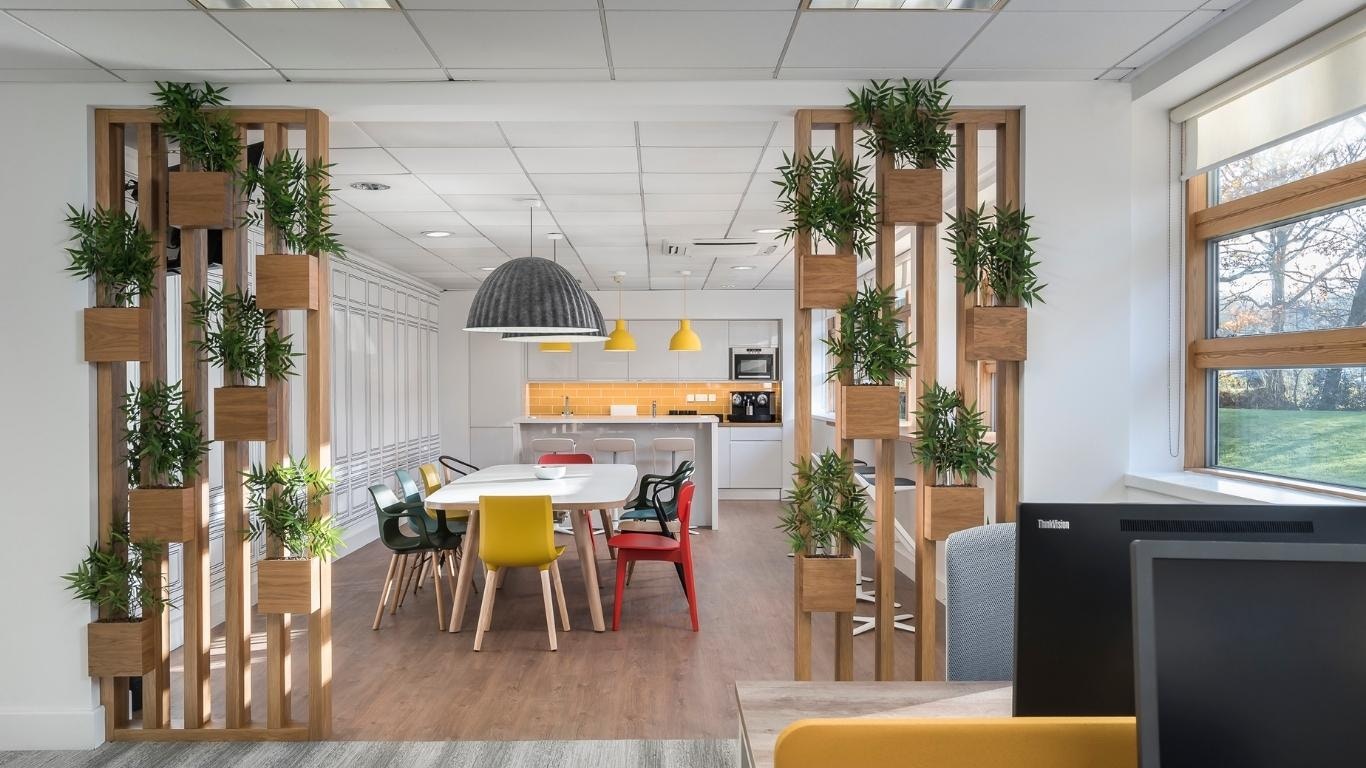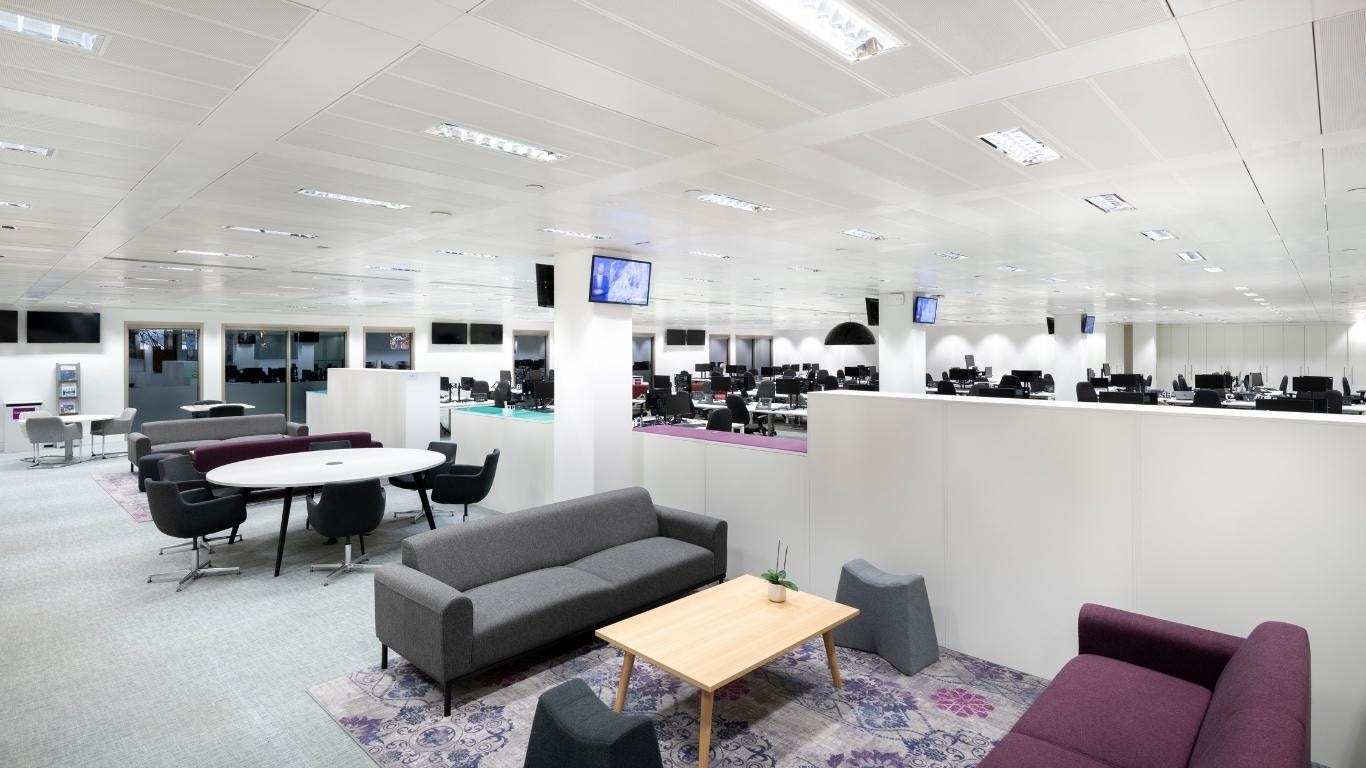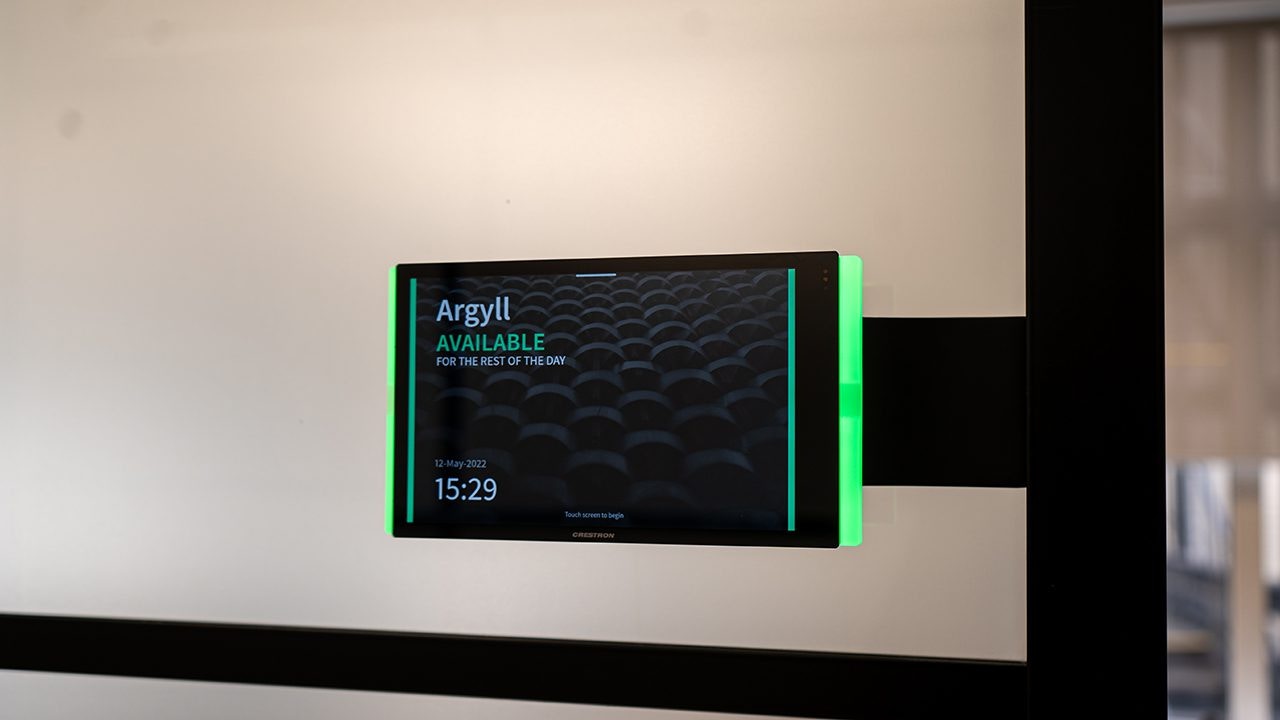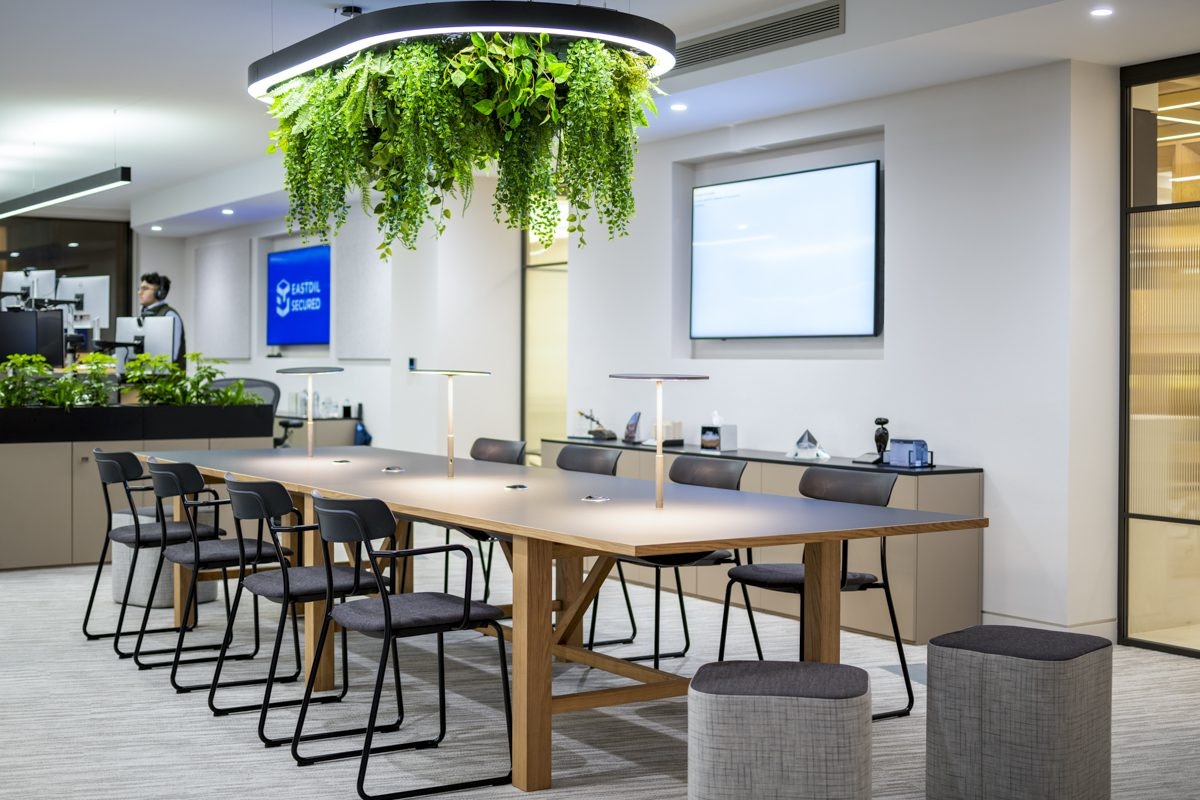We’ve seen dramatic changes in the workplace in recent years, driven by factors such as rapid technological advancements, globalisation, and changing employee expectations. Hybrid working has now become a byword for the post-pandemic office space. In a recent survey of 1,015 full-time US employees by the International Work Group (IWG) in February 2023, the study found that workers were willing to give up in the region of $13,000 (£10,580) in order to keep their hybrid work arrangement. Hybrid work is a must-have job benefit, and 61% of respondents say they will only consider hybrid roles if they look for a new job.
As a global business hub, London, and the wider UK has not been immune to these changes. The traditional office environment is evolving to accommodate new ways of working, such as remote work, co-working spaces, and increased flexibility. We also see community workspaces spring up, replacing unused retail spaces across UK towns. The office landscape is indeed changing. This article delves into the future of work in the UK and how the office is adapting to these changing times.
We will explore the rise of remote work and its impact on the office landscape, the emergence of co-working spaces as a popular alternative to traditional offices, and the increasing demand for flexible office spaces designed to support diverse work styles. Additionally, we will discuss the technological innovations that are revolutionising the way we work and the growing importance of sustainability in the modern workplace. As the future of work continues to unfold, understanding these trends and adaptations is crucial for businesses and employees alike.
